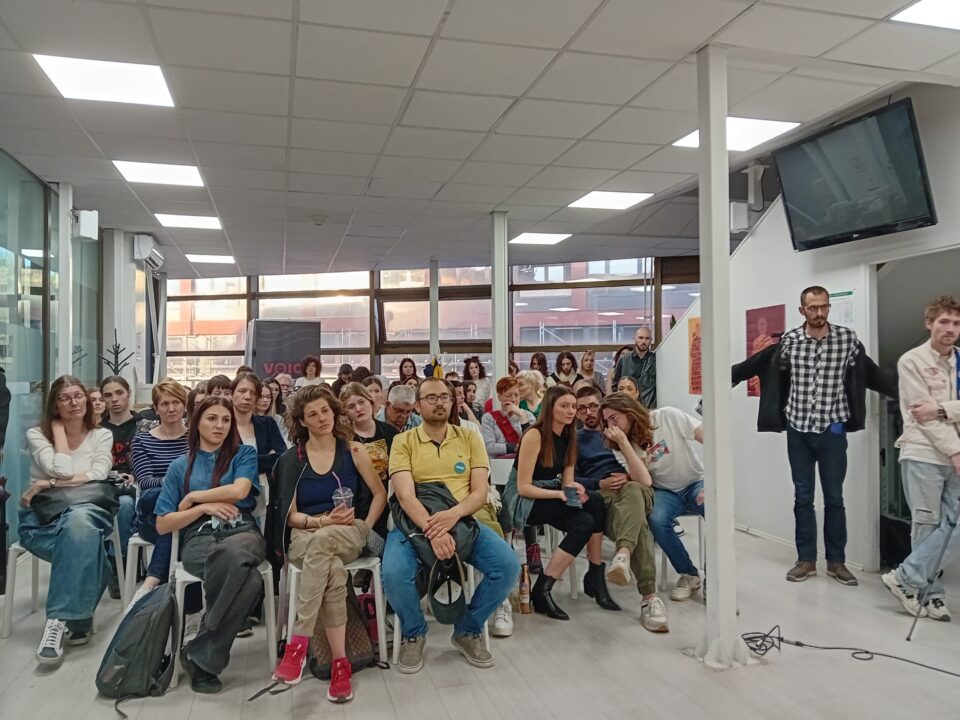The government sees us as “political enemies”, which of course we are not, because if we were, then we would not be journalists but politicians
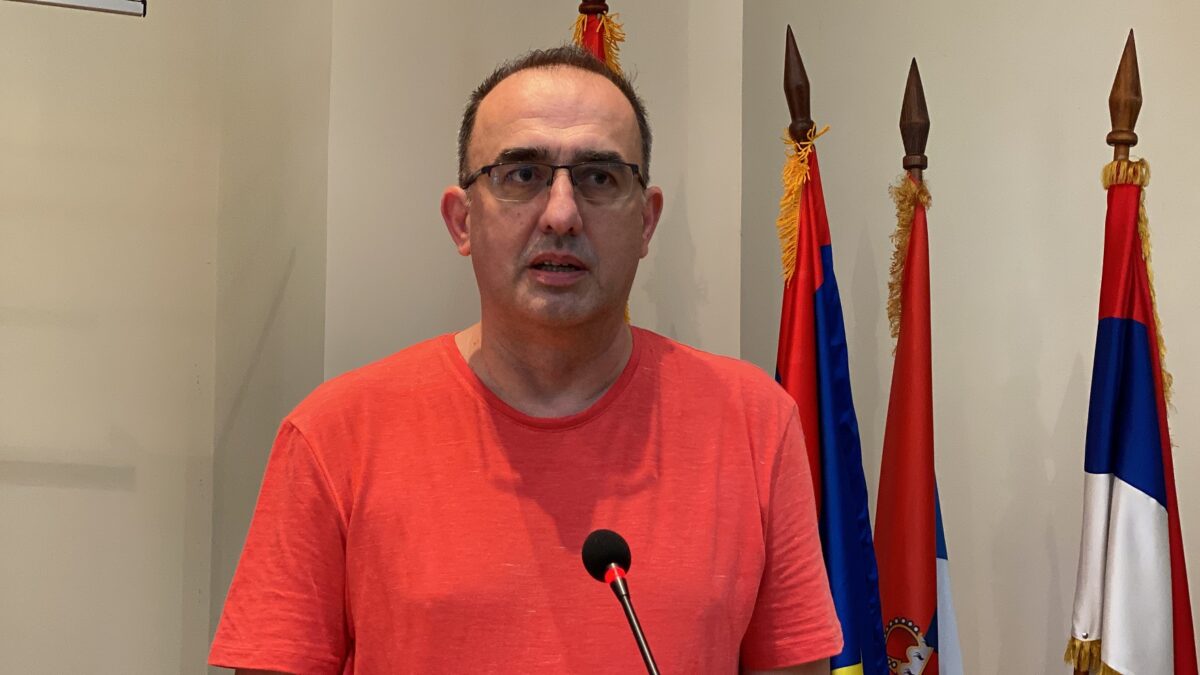 Diplomacy&Commerce magazine fosters a culture of dialogue and advocates freedom of speech and media freedom, which is why in every issue we talk to fellow journalists and media workers who are facing repression. The reason for this interview is the abuse of media space and its use for political calculation, as well as verbal attacks on our colleagues Ana Lalić and Dinko Gruhonjić.
Diplomacy&Commerce magazine fosters a culture of dialogue and advocates freedom of speech and media freedom, which is why in every issue we talk to fellow journalists and media workers who are facing repression. The reason for this interview is the abuse of media space and its use for political calculation, as well as verbal attacks on our colleagues Ana Lalić and Dinko Gruhonjić.
As a journalism professor, how would you explain to your students, our readers, and fellow journalists the current state of the media in Serbia?
Empirical research has shown that the situation in the media is such that professional journalists are the most under attack in our society. There are many reasons for that. First, the government sees us as “political enemies”, which of course we are not, because if we were, then we would not be journalists but politicians. But, in a society in which most institutions are captured and in which there are honest individuals whose leaders are people who are not benevolent, the professional media are one of the very few addresses that people can turn to to talk about the numerous problems they are facing. However, we cannot be a substitute for institutions.
Second, the political opposition in Serbia is weak because it is constantly exposed to repression by the authorities. But, despite that, for the past 12 years, the opposition has not dared to get seriously organized and oppose the authorities, to put together infrastructure and work much more in the field. This is a big problem for society because the authorities will usurp social resources depending on how much resistance there is to it in society. Here the resistance is weak, so the usurpation is very strong.
When a professional and independent journalist is attacked, we are all under attack.
Third, journalism is always and everywhere a figurative thorn in the side, while everything else is public relations, to paraphrase our colleague Orwell. Fourth, we, on the media stage, have been experiencing a tsunami of anti-journalism embodied in the so-called tabloids – be it TV stations, websites or newspapers. They were assigned the role of a Trojan horse that should expose journalists as ‘liars’ and someone that ‘should not be trusted’. If that happens, it’s a big problem for democracy in every country, because the executive branch of the government has thus removed another unpleasant critic and controller. This doesn’t happen only in Serbia, as the same methods were used and are used by Trump and many other populists, who seem to have bought a global marketing franchise for the dissemination of authoritarianism. We see that our government is also trying to disavow the integrity of the parliament, the independent judiciary, independent regulatory bodies and the media. This opens the door to the usurpation of public space, public interest and public resources.
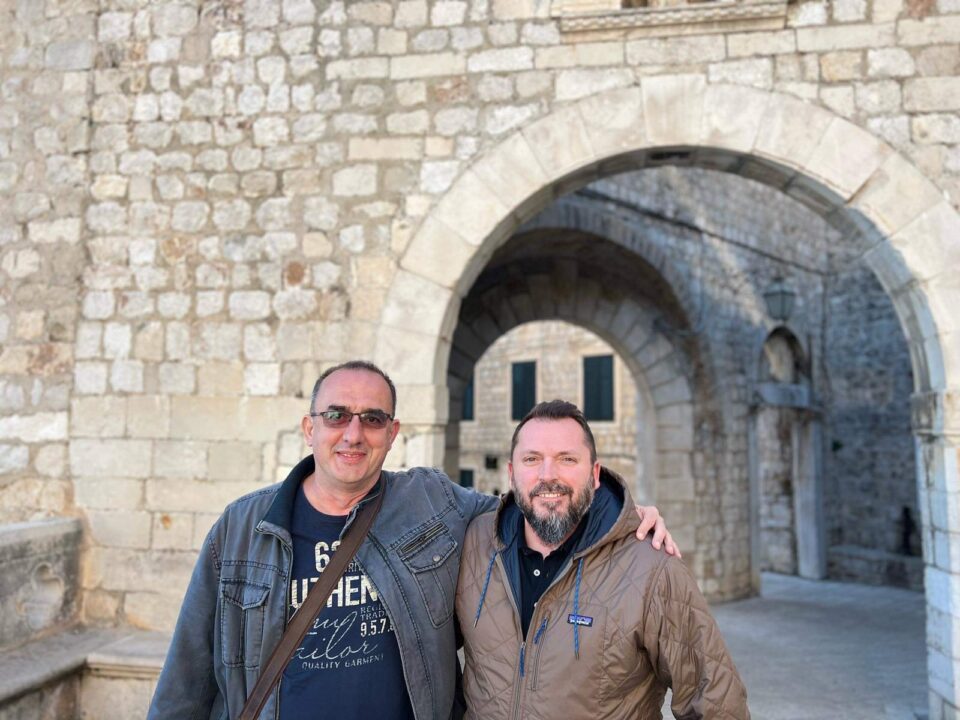 It is the media that started the witch hunt against you by using edited footage to provoke a public reaction. How does that example show media abuse in the political struggle?
It is the media that started the witch hunt against you by using edited footage to provoke a public reaction. How does that example show media abuse in the political struggle?
These are the media in the broadest sense of the word, but journalism has not abided by them for a long time. This is evidenced by all the reports of the Press Council of Serbia, which prove that these media are absolute record-breakers in violating the Code of Journalists of Serbia. And they don’t care about that because why should they care when they are not journalists but propagandists with a fake ID?! They are tools of political propaganda, which unfortunately are often used as tools of war propaganda too. So, first, one invents an enemy that is accused of some kind of forgery, which is very easy with today’s technology. Then that “enemy” is labelled as a “domestic traitor”, “foreign mercenary”, “mujahedin” or “Ustasha”. After that, the lie is repeated as many times as it is enough to be believed by the audience that supports the authorities, i.e. their voters. Then, as it was in my case and I am far from being the only one – the “enemy” is dehumanized. When you dehumanize someone, annihilating them doesn’t pose a problem, literally and figuratively. But then you suffer real consequences for it.
How powerful are the media today and is their power fake, supported by regime privileges, or is it real and based on the society’s apathy and the lack of critical thinking in the public?
The media are powerful. We have watched and are watching two industrial revolutions live before our eyes – first is the Internet revolution and now the artificial intelligence revolution. It is a privilege and a great challenge to live in these times. But both of these have drastically changed the media scene. For example, as the kids would say, I’m a “boomer”, that is, I belong to the older generation that consumes traditional media. Younger people, for the argument’s sake, let’s call them “zoomers”, consume media in a diametrically opposite way and their main sources of information are social media. The power of both Boomer and Zoomer media is huge. Ideally, we live in a world where censorship is not possible. But the problem is that in this endless ocean of information sources, it is very difficult to navigate and distinguish what and who are credible sources of information and who are not.
Today, being educated on media literacy is no longer enough, we also need digital literacy education. Only through education it is possible to teach people that, as before, media content should not be taken for granted, but should be consumed with caution. Because too much “fake news” and even more dangerous half-information devoid of context are all around us. The fact that the traditional media business model is undergoing a serious crisis creates an additional problem. This is why traditional media often adapt to social media narratives, to make money on clickability, reach and engagement and those are essentially tabloid and sensationalist narratives because that’s how social media algorithms work. Any simplification of serious social problems necessarily leads to antagonism in society.
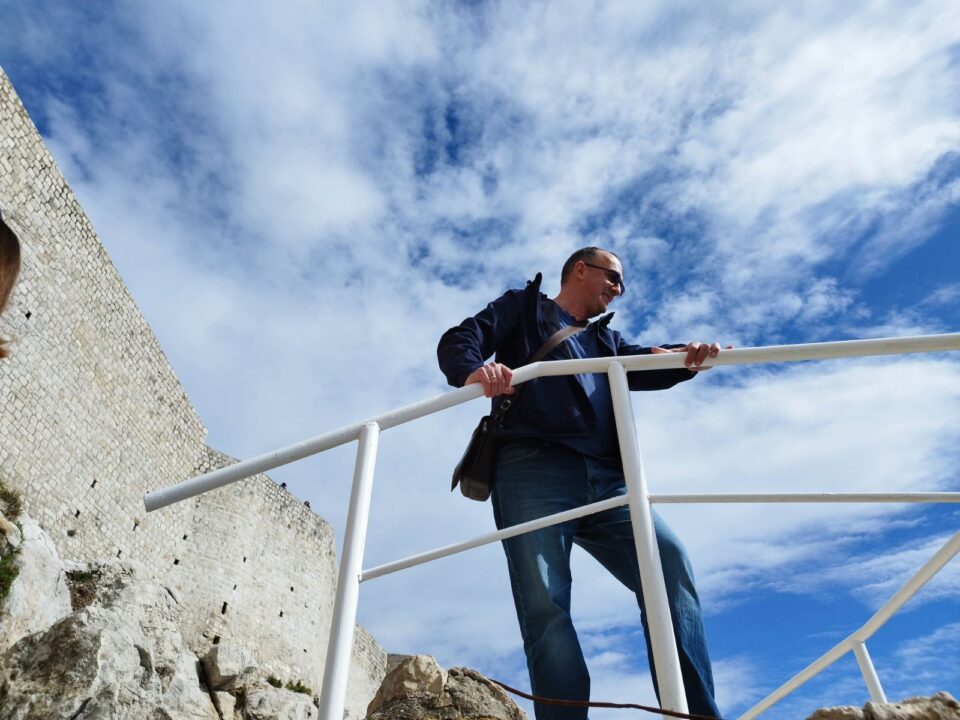 Do we have media at all today or have we divided the media space into two opposing teams that are anything but independent?
Do we have media at all today or have we divided the media space into two opposing teams that are anything but independent?
I think that, despite everything, we have enough professional media outlets that work under great pressure, but do not give up. This is best evidenced by the fact that such outlets and journalists come, as I have already mentioned, under the most attacks in our society. I am particularly proud of civil society media and community media, founded by colleagues from the mainstream media who did not want to suffer marketing censorship in commercial media or political censorship in public broadcasting services. They live from their own work, from writing projects and increasingly from the support of a loyal audience. We have an entire army of propaganda media stacked against us that falsely present themselves as having something to do with journalism, but we also get on the nerves of the usurpers of power and public goods. And that’s more than enough!
The authorities will usurp social resources depending on how much resistance there is to it in society.
Are non-regime media independent and if so, how do they manage to survive?
I think I partially answered your question earlier. I can speak on behalf of the media whose work I participate in, namely the VOICE and Autonomija websites based in Novi Sad. I can also speak on behalf of other colleagues from civil society media too. Yes, they are independent. I explained how we in the civil society media survive. I don’t know whether the same is true about commercial media. You would have to ask them.
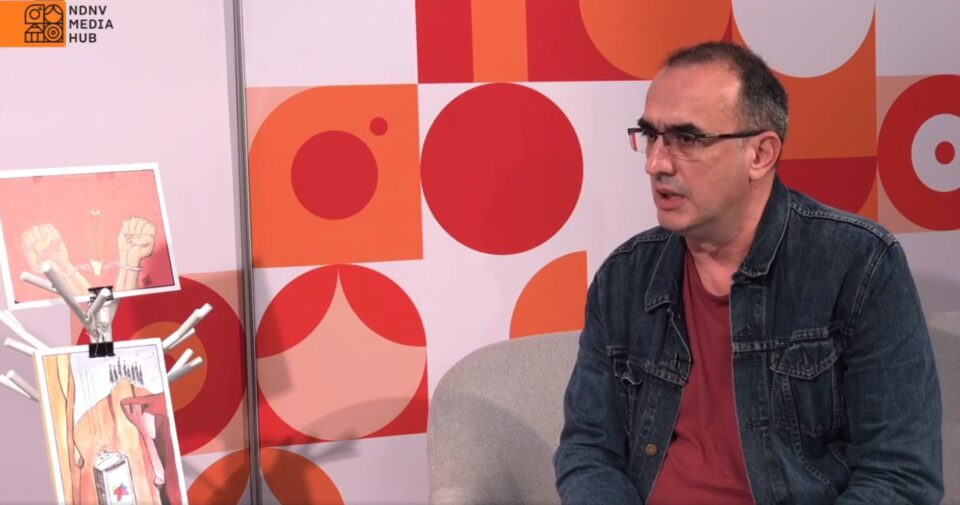 How dangerous is the current situation that you are in personally and that our society is in too?
How dangerous is the current situation that you are in personally and that our society is in too?
For me and my family, this is by far the most dangerous attack we have been exposed to because it was ordered by top state officials. Unfortunately, we are used to such attacks, considering that I have been the target of nationalist, chauvinist, far-right, neo-Nazi and fascist attacks for 25 years now. However, this has been the longest, filthiest and most life-threatening campaign against me so far. It is also dangerous for society because this is no longer only the Dinko Gruhonjić case. This is also an attack on media freedom and the University’s autonomy. It could be even construed as an attack on women and a case of very present misogyny, as evidenced by the attacks on my colleague Ana Lalić, the president of the Independent Association of Journalists of Vojvodina, but by the attacks on two female deans from the University of Novi Sad. They have been attacked by the majority of the Senate members, led by the rector.
The attacks on you show that today’s Serbia is very similar to Nazi Germany, Putin’s Russia or a country with the Sharia law. Do you think that this is an exaggerated impression?
Well, clerofascist methods are always the same. The methods of attack on us are from those corps, there is no doubt about that. On the other hand, historical analogies can be awkward and imprecise. Yes, that may be an exaggeration, but it is better to exaggerate than to wait for complete darkness to descend on the earth.
How can we achieve media freedom in the current position that we are in? Do we have a good future as a society?
Through solidarity, first and foremost. When a professional and independent journalist is attacked, we are all under attack. We all need to take on the subject he or she is writing about and ‘hit’ at the usurpers in the way we know best – by writing and publicly, in as many media outlets as possible. Otherwise, if we behave differently, like isolated islands, it will be easier for them to “strike” us from the back.
Ideally, we live in a world where censorship is not possible.
If I didn’t believe that this society has a good future, I wouldn’t have been doing everything I am doing. In general, I think that we greatly underestimate the silent majority that exists in society but is not politically articulated due to the opposition’s shortcomings. We also saw how important it was the magnificent journalistic solidarity shown toward Ana Lalić and myself. However, I think that the fact that the academic public woke up and rebelled, even though it seemed that it was steeped in conformity and minding its own business, is a very unpleasant surprise for the government. So far, 740 colleagues from all universities in Serbia have supported the struggle of the Faculty of Philosophy for freedom of speech and university autonomy. Not to mention colleagues from abroad, Nobel laureates at the International PEN Center and and especially students. This will continue growing. You’ll see!
